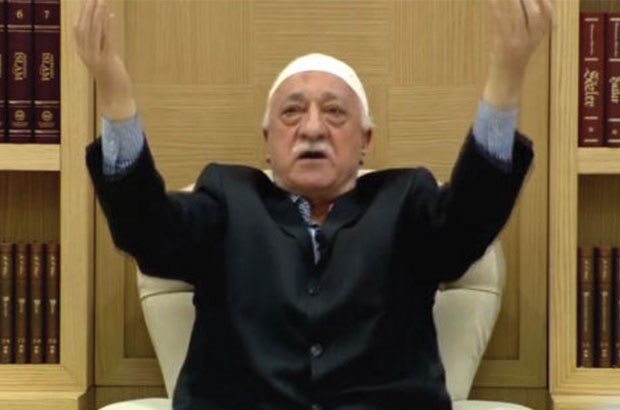


Among the victims of political assassinations were parliament members, university professors, prominent journalists, and a former prime minister. Economic problems including high inflation, industrial slowdowns, and shortages of consumer and imported goods1 further exacerbated the political turmoil.2 Violence between extreme right-wing and left-wing groups was a daily occurrence. Even though martial law was in effect in much of the country since December 1978, it could not contain the violence unfolding between the left and the right, partly because the police forces were themselves divided into two rival associations, right-wing 85 Polarization was manifest not only among political parties, but also in important social sectors, such as labor unions, the state bureaucracy, student organizations, teachers, and the civil police.

Turkey on the brink of civil war In the late 1970s, the Turkish political scene was characterized by a thorough ideological polarization between right-wing ultranationalists (ülkücüs – idealists) and radical left-wing groups, along with a lack of decisive authority on the part of the government. These activities laid the foundation for the entry of political Islam into electoral competition and its eventually successful bid for power in the 1990s. The Turkish-Islamic Synthesis (TIS, a mixture of Sunni Islam and Turkish nationalism), adopted and implemented by the military and maintained by the center-right Motherland Party (MP) rule (1983–91), opened the door to organizational and framing activities by Islam ist forces – activities reinforced by such external factors as the Islamic Revolution in Iran and the financial support of Saudi capital, and supported by an emerging Islamist business class in Turkey. The military’s strategy for legitimizing the Turkish state and securing popular support for it involved a radical departure from the Kemalist secularism that had defined Turkey until then. The coup was initiated primarily against the leftists. The coup was aimed at putting an end to an extraordinary outbreak of extremist politics and to the attendant political violence between radical leftists and ultranationalists. The political opportunity structure (POS) exploited by Islamist political forces in the 1990s had its origins in a crucial policy choice made by the military government that took power on September 12, 1980. This chapter analyzes the first phase of the mobilization of political Islam in Turkey (1980–91). 3 The Turkish-Islamic Synthesis and the Islamist Social Movement


 0 kommentar(er)
0 kommentar(er)
